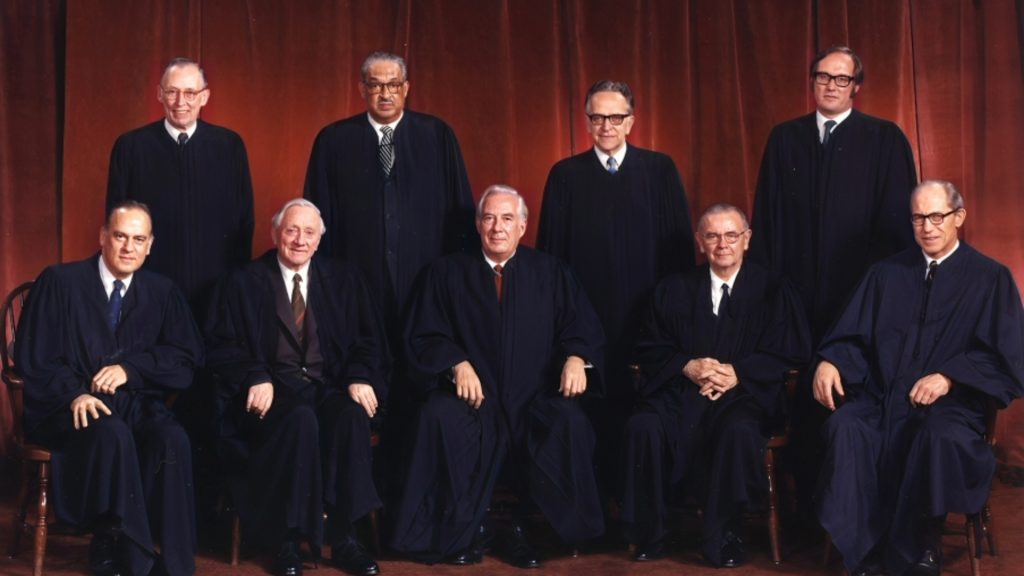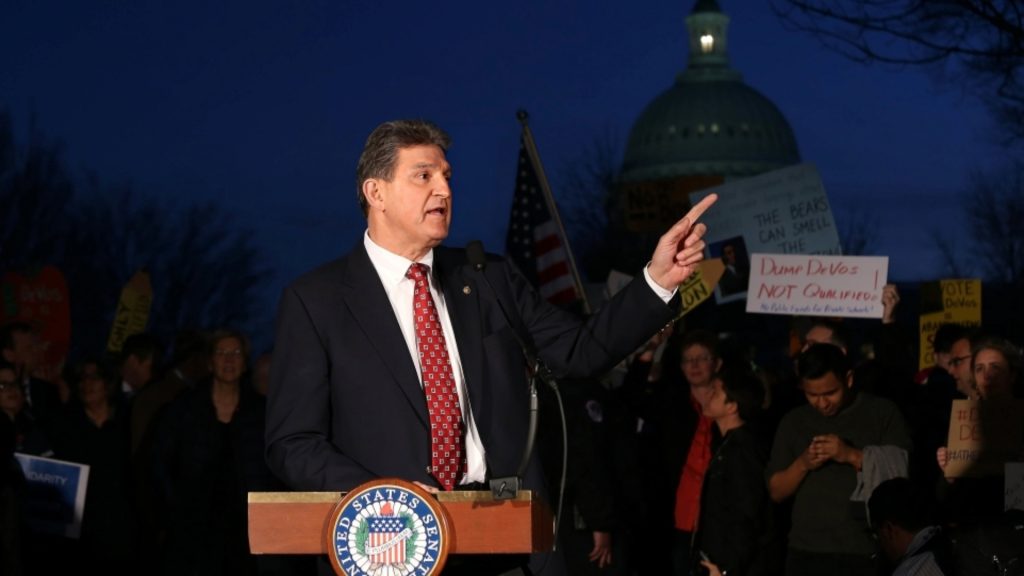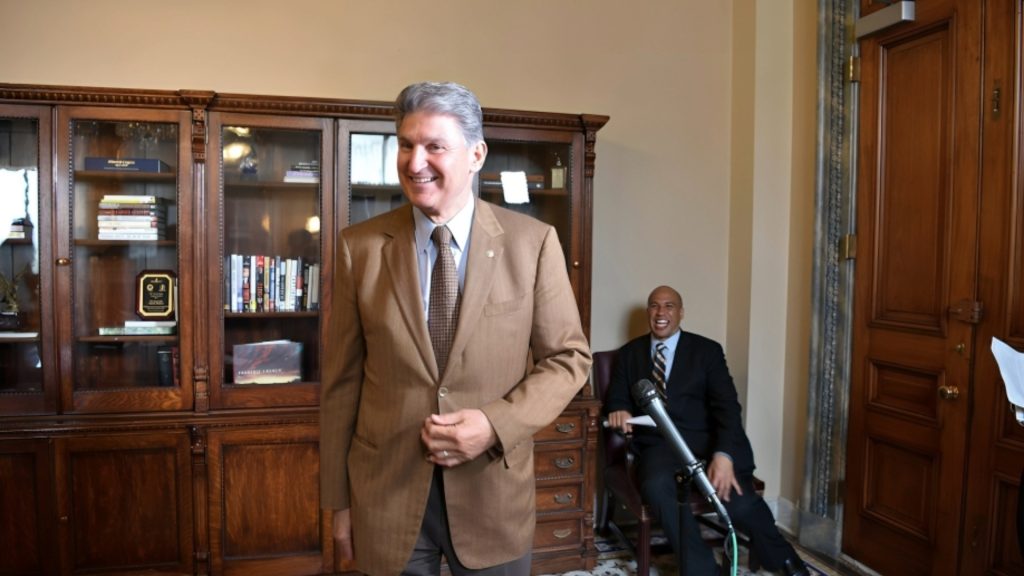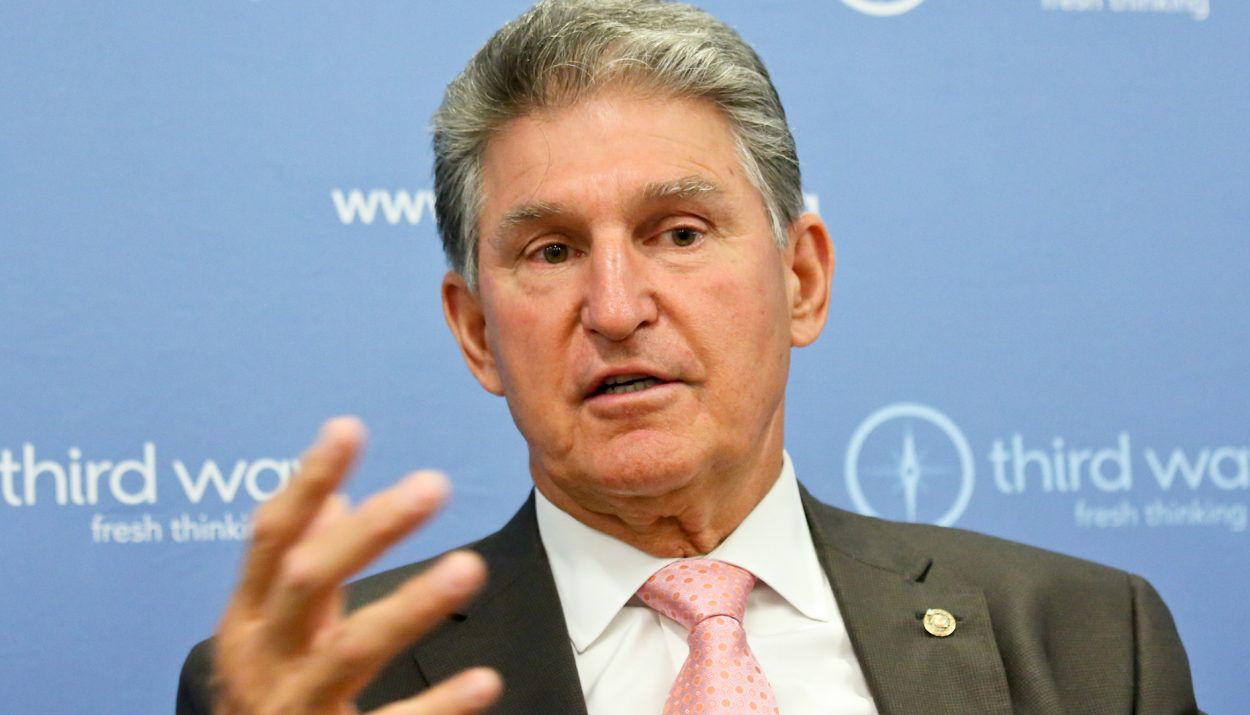A woman’s right to choose is becoming an enormous issue for both Democrats and Republicans ahead of the 2024 election. The nearly 50-year effort to overturn the Supreme Court decision that granted the right to an abortion has had unintended consequences for the conservatives, and voters are making their displeasure heard at the ballot box.
Turning Back Precedent
The Dobbs decision from June of 2022 turned back nearly 50 years of precedent that was set by the Supreme Court during the women’s lib movement of the 70’s. Women marched and rallied and voted for their right to decide what they could do with their own bodies, and the Supreme Court agreed that the right to an abortion fell under the personal right to privacy granted by the Constitution.

The right to privacy is the same principle that powered other Supreme Court decisions such as Loving vs. Virginia, Griswold vs. Connecticut, and Obergefell vs. Hodges. These decisions granted the right to an interracial marriage, the right to privacy regarding contraceptives in a marriage, and the right for gay couples to get married, respectively.
An Unexpected Outcome
Turning back Roe v. Wade puts all of these decisions at risk. More than that, though, in caving to the policy demands of the far right, the Supreme Court inadvertently gave the Democrats a landslide win when it comes to policy.

In the months and years since the Dobbs decision was handed down, multiple states have had referendum votes on abortion. These votes have not swung towards the conservatives, much to many people’s surprise. Even in deeply conservative states such as Kentucky and Ohio, voters have showed up and registered in droves to codify their right to choose in their state constitutions.
Biden Would Codify Roe
While the purpose of the Dobbs decision was ostensibly to return the decision about abortion to the states, there have been some members of Congress who have pushed to either codify abortion rights, or an abortion ban into federal code.

Biden has indicated that, were the bill to cross his desk, he would sign abortion rights into law. His pro-choice stance is something that has gotten the President in trouble with the Catholic church, of which he is an active member, but he has also clarified that he would not advocate for the Senate to overturn the filibuster in order to do so.
An Unexpected Democrat to the Rescue
A bill to codify abortion rights into federal law would require a sixty vote majority in the Senate, so though there’s been conversation about it from both Senators and representatives alike, the issue has been dead in the water. Democrats know they don’t have the votes, and aren’t seeking a failed vote that would make their policy look weak.

However, it appears there may be movement on the abortion rights from, coming from an unexpected source. Joe Manchin, a Democrat from West Virginia who is not seeking reelection in 2024, has officially co-sponsored a bill that his office calls a “bipartisan effort to codify Roe v. Wade.”
Surprising, Given West Virginia
This is surprising, given that West Virginia is one of more than 20 states that passed abortion restrictions into law after the Dobbs decision was handed down. West Virginia’s law was passed in September of 2022, and restricts abortion at all stages unless in medical emergencies, cases where the fetus is non-viable, and some other special cases.

The new legislation that Manchin has cosponsored is called the Reproductive Freedom For All Act. It would prohibit states from passing laws that put “an undue burden” on women’s access to pre-viability abortions.
Specifications of the Law
It’s generally accepted in the medical community that viability for a pregnancy occurs around 24 weeks. This is when, if a baby were to be born, they have approximately a 50/50 chance of surviving outside of the womb, making it a smaller risk if the baby has to be birthed early.

Manchin’s law does allow for states to put restrictions on post-viability abortions into place, though it bars states from banning pregnancy terminations that are medically indicated to protect the life or health of the pregnant woman.
A Concerning Gray Area
While medical experts agree that viability generally occurs around 24 weeks of pregnancy, Manchin’s bill does not put a time limit on it. This could be a potential loophole for lawmakers in conservative states to pass harsher abortion restrictions, given that the wording of the bill offers a gray area when it comes to viability.

The bill doesn’t just address abortion rights, though. It also prevents states from prohibiting access to contraceptives such as condoms and Plan B, an important addition in a time where multiple court cases are underway debating the legality of mifepristone.
Moral Rights Preserved, As Well
There is a small provision in the bill that says that it will not have any effect on laws regarding conscience protection. These are laws that allow medical providers to refuse to provide certain types of care based on moral objections or religious beliefs.

While the bill has yet to make its way to the Senate for a vote, this provision could be a sticking point. There are many who believe that doctors have an obligation to care for their patient regardless of their personal religious or moral beliefs, and including this particular provision could lead to a standoff between liberals and conservatives.
An Important Conversation to be Had
The bill is a promising step forward in an increasingly uncertain time for women’s rights. While it’s not positive that Manchin and the Democrats have the votes to pass a bill, even as mild as this one, it’s still refreshing to see the conversation brought to the floor of the Senate.

It’s especially an important conversation to be had during an election year. Republicans are suffering at the ballot box over their hardline stances on a woman’s right to choose, and opening the conversation over reasonable codification of rights could provide a boost that they need going into the 2024 general election.






